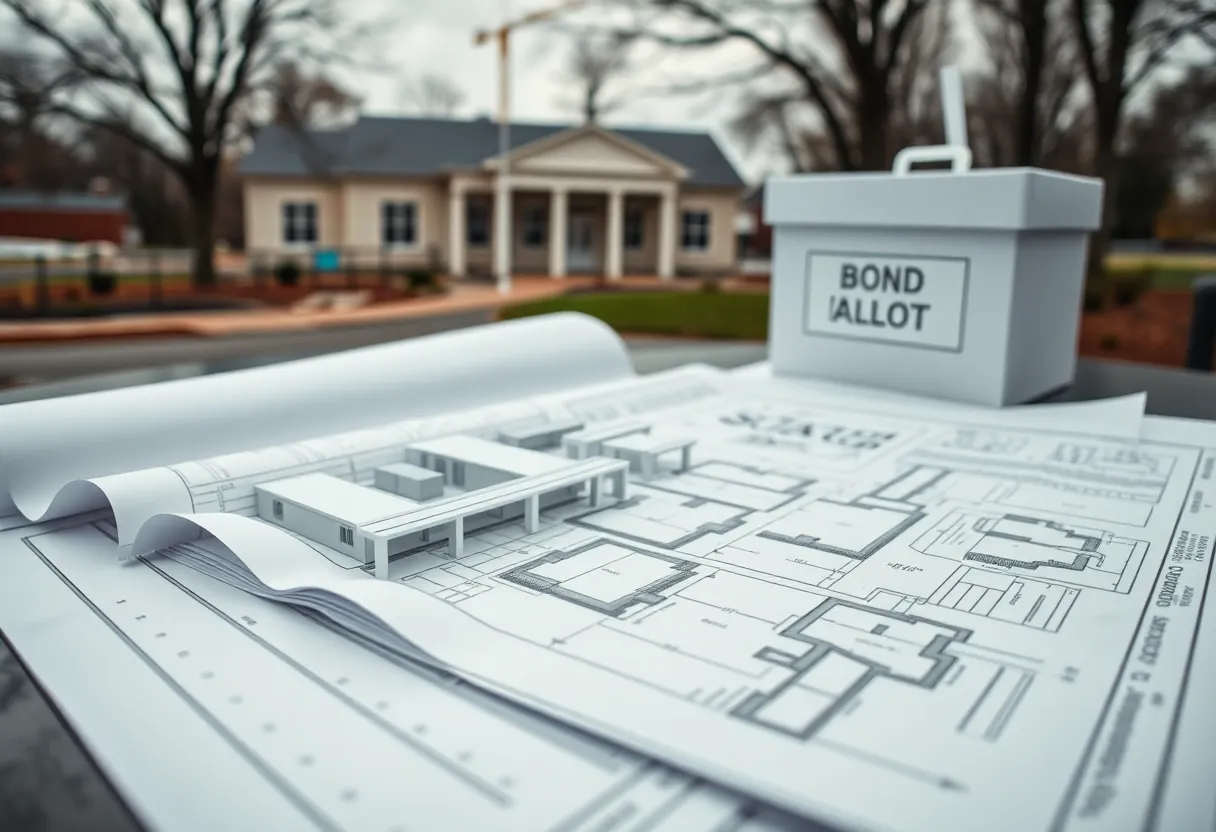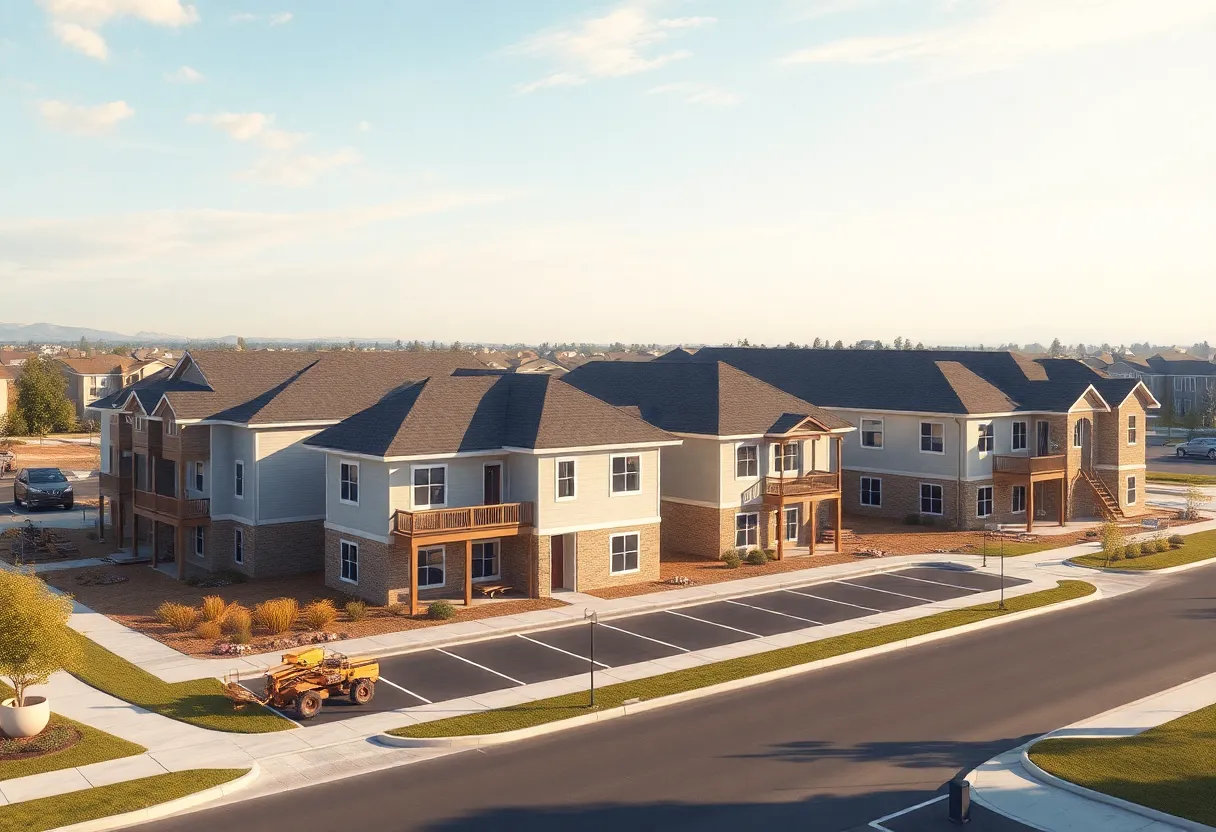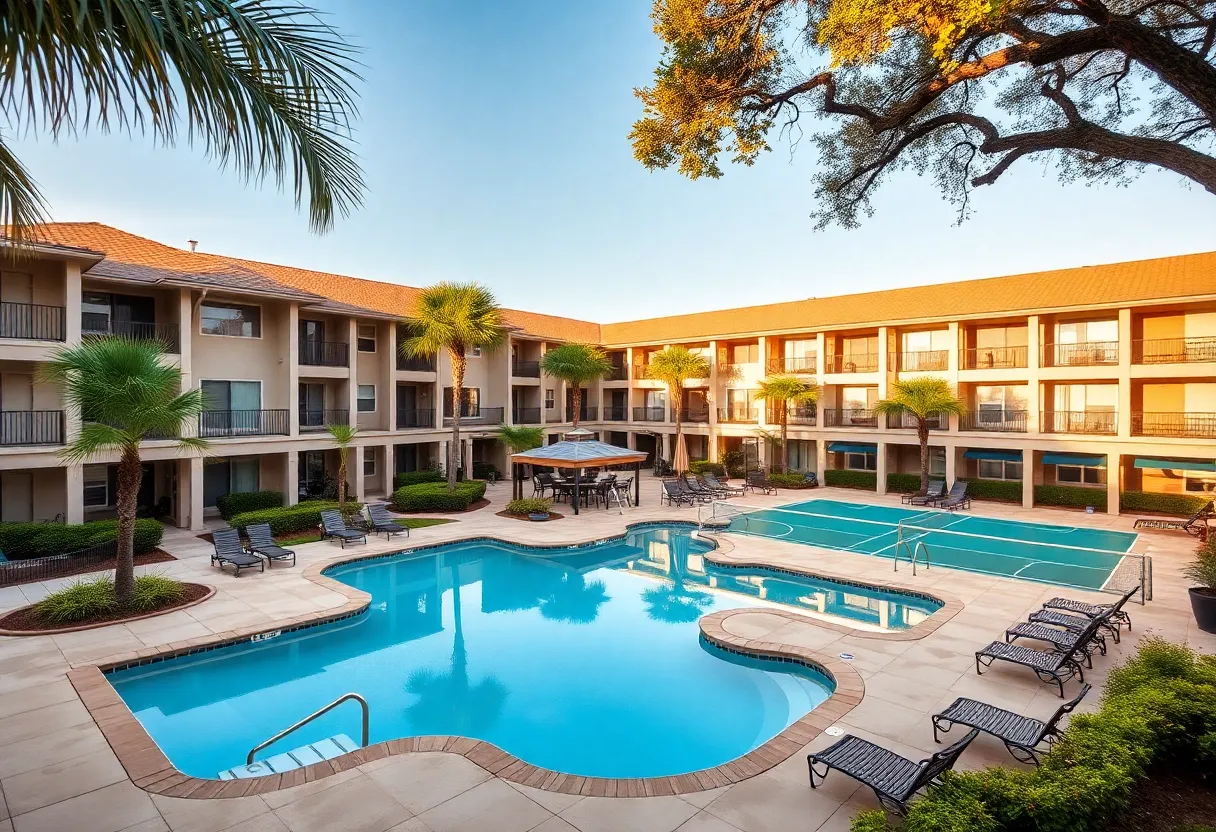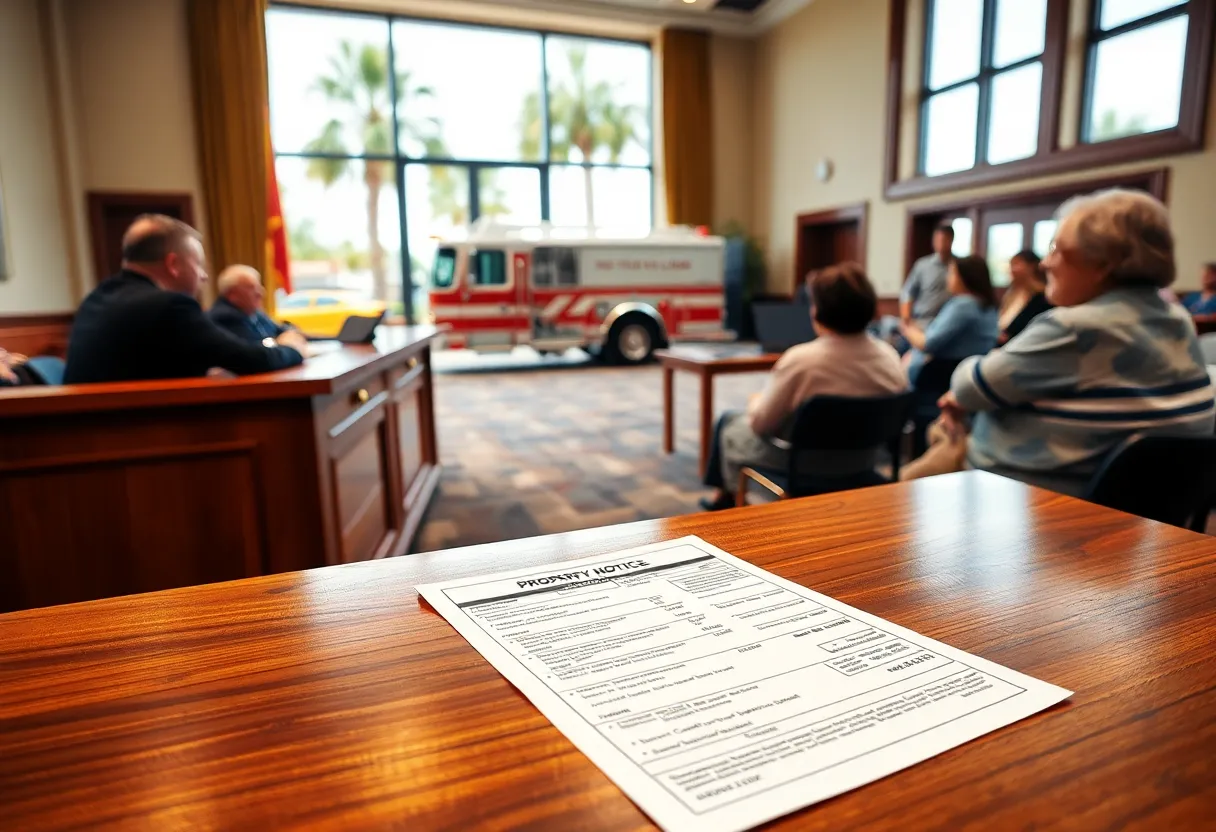Glen Carbon, August 18, 2025
News Summary
Glen Carbon officials are preparing to issue bonds to fund a proposed new water treatment plant after a $27 million state loan application was denied. The Finance Committee approved an ordinance to allow the village to seek private financing authority while preserving a 30-day “back door” referendum that lets residents gather signatures to put the bond question on the ballot. The full village board will consider the ordinance next, and if adopted the village would solicit construction bids and compare costs against continuing to buy water from outside providers.
Glen Carbon Weighs Bond Financing After State Denies $27 Million Loan for New Water Treatment Plant
Glen Carbon officials are moving toward bond financing as a backup plan after the state declined a $27 million loan request to build a new water treatment plant. The village is also keeping the door open for more state help while preparing a path to secure private funds if needed.
Loan denial pushes village to consider bonds and a back door referendum
The Illinois environmental agency denied Glen Carbon’s application for a $27 million loan because the village did not score high enough in a competitive funding process. Village leaders say the program is handing money to communities with the most urgent needs, leaving some projects without state support.
In response, the village Finance Committee approved an ordinance that would allow officials to move forward with bond authority and hold a so-called back door referendum. That process gives residents 30 days to gather signatures to put the bond issue on the March 17, 2026 ballot. If no petition is filed within 30 days after the ordinance is approved by the full board, the village could issue bonds and seek private financing immediately. If residents do file a petition, the question would go to voters in March 2026.
The Finance Committee that acted on the ordinance includes Trustees Ben Maliszewski, Brian Paul and Mark Foley. The full board is expected to consider the ordinance at its Aug. 26 meeting. Committee members emphasized the measure only gives the board the authority to issue bonds and does not obligate the village to build the plant.
What officials plan to do next
Village administrators say the goal is to secure the authority to borrow now so the village can quickly get bids for construction and know its options. If the village has bonding authority, it can request bids to see actual costs. Officials say that if construction bids are too high, the village could continue buying water from outside providers instead of building its own plant.
Glen Carbon closed its own water treatment plant in the 1990s and has since relied on outside suppliers. The village first used service from a nearby municipality and now purchases water from a private utility. That private supplier has proposed a new long-term contract that would become permanent if the village does not move ahead with a plant of its own. Village leaders describe the decision as a matter of comparing long-term costs and choosing the most economical source of water service for residents.
Local context and related community developments
Beyond the water plant question, several local projects and events are shaping budgets and community planning.
- Summer school construction — The nearby school district outlined an extensive summer construction plan that will include secure double entry systems at many schools, roof replacements due to hail damage, solar panel installations, asphalt repairs, and a major addition at a middle school. Different projects are funded through a 2023 bond, insurance proceeds, 2024 debt certificates, and the district’s operations budget.
- Local election schedule — Municipal and local office races were scheduled for April 1, 2025, including mayoral contests and many other local positions across the county. Voter hours were set from 6 a.m. to 7 p.m.
- Heritage museum anniversary — A local heritage museum marked its 20th anniversary in July with more than 100 residents attending. The historic building dates back to 1914 and was converted in part using bond funds approved by voters in 2002.
- Past traffic fatality — A 2021 two-vehicle crash on Interstate 70 in Bond County resulted in fatalities and led to a several-hour road closure while authorities investigated. That crash remains part of public records for the area.
What this means for residents
If the full board approves the ordinance, residents will have a short window to decide whether the bond question should appear on the March 2026 ballot. If a petition sends the question to voters, the community will directly decide whether the village can borrow the money. If no petition is filed, the village would have the authority to issue bonds and pursue private financing while continuing to seek any future state aid.
Officials say the next steps are straightforward: the board will decide whether to authorize bonding power, the village will seek construction bids if authorized, and a final choice will come after comparing bond costs to the expense of continuing to buy water from outside providers. The debate centers on long-term cost, service reliability and what residents are willing to pay for local water treatment capability.
Key dates
- Finance Committee action: Aug. 11 (ordinance approved)
- Full board review: Aug. 26 (expected)
- Resident petition period if ordinance passed: 30 days
- Potential public vote if petition succeeds: March 17, 2026
Frequently Asked Questions
Q: Why was the state loan denied?
A: The village did not score high enough in a competitive ranking used to determine which projects receive limited state funds.
Q: What is a back door referendum?
A: It is a process that allows residents to petition to place a bond issue on a future ballot after the governing board approves the authority to issue bonds.
Q: If the village gets bond authority, does it have to build the plant?
A: No. Authorization would only allow borrowing; the village would still weigh bids and costs before deciding whether to go ahead with construction.
Q: How long do residents have to petition?
A: Residents would have 30 days to gather signatures to put the bond question on the March 17, 2026 ballot if the full board approves the ordinance.
Q: What happens if residents file a petition?
A: The bond question would go to voters on the scheduled March 2026 ballot, and the community would decide whether to approve borrowing the money.
Key features at a glance
| Feature | Detail | Status |
|---|---|---|
| State loan | $27 million loan application to Illinois environmental agency | Denied |
| Bond authority | Ordinance approved by Finance Committee to allow bonds and trigger petition window | Pending full board approval (Aug. 26) |
| Back door referendum | Residents have 30 days to petition to place bond issue on March 17, 2026 ballot | Potential |
| Next steps | Seek bids if bonding authority granted; continue to pursue any available state aid | Planned |
| Current water supply | Purchased from outside providers; private utility has offered a permanent contract | Ongoing negotiations |
Deeper Dive: News & Info About This Topic
Additional Resources
- The Intelligencer: Glen Carbon — Water treatment plant loan denied
- Wikipedia: Glen Carbon, Illinois
- RiverBender: Edwardsville School District outlines summer 2025 construction projects
- Google Search: Edwardsville School District summer 2025 construction
- The Intelligencer: Glen Carbon Heritage Museum anniversary
- Google Scholar: Glen Carbon Heritage Museum
- The Intelligencer: Glen Carbon trustee meeting recap
- Encyclopedia Britannica: Referendum
- KSDK: Madison County, Illinois consolidated election results 2025
- Google News: Madison County Illinois consolidated election results 2025





